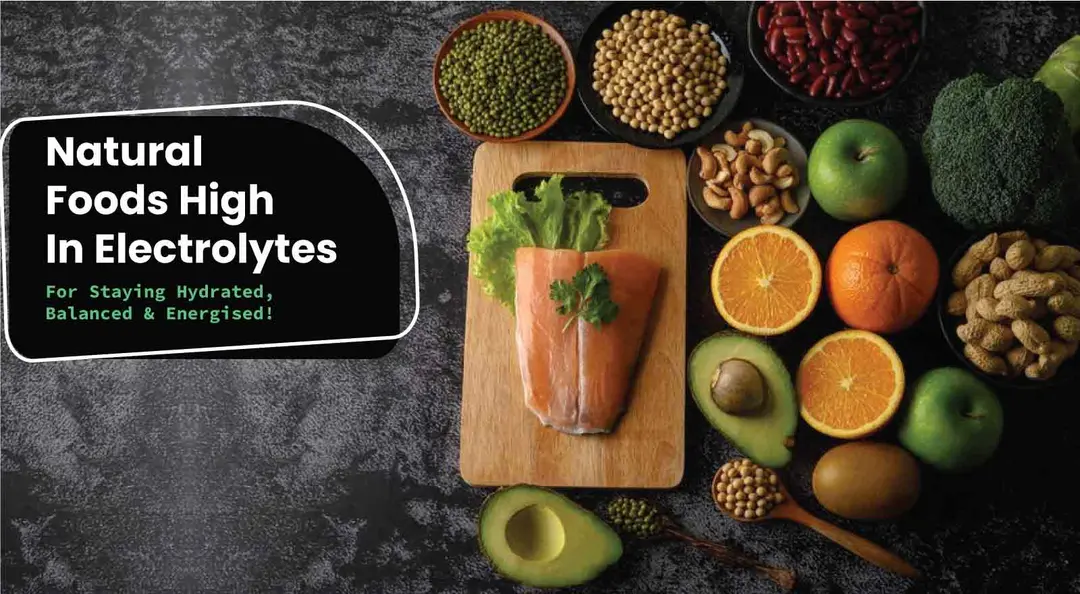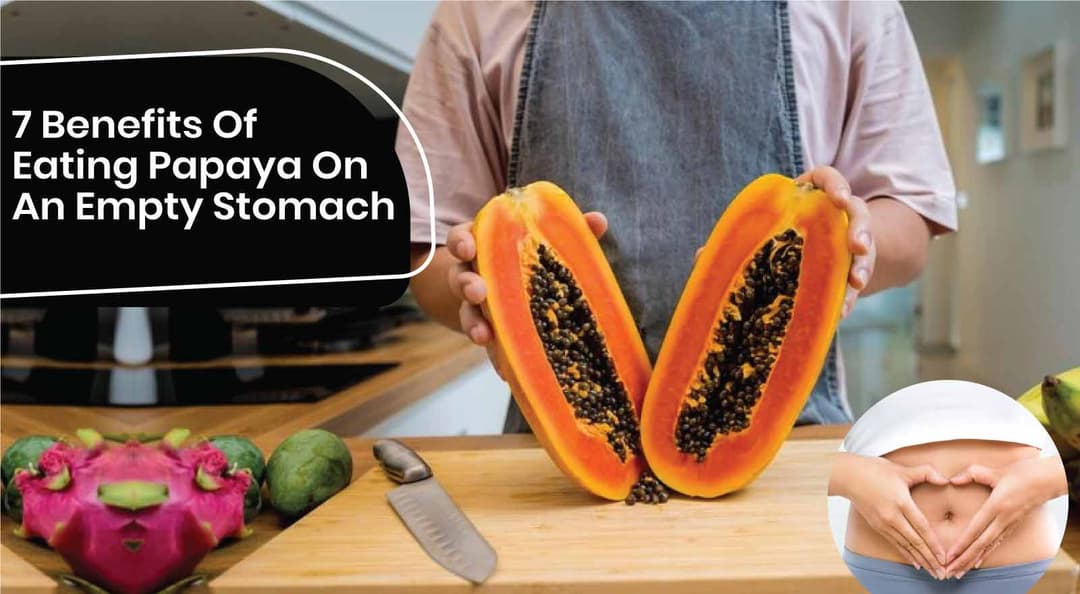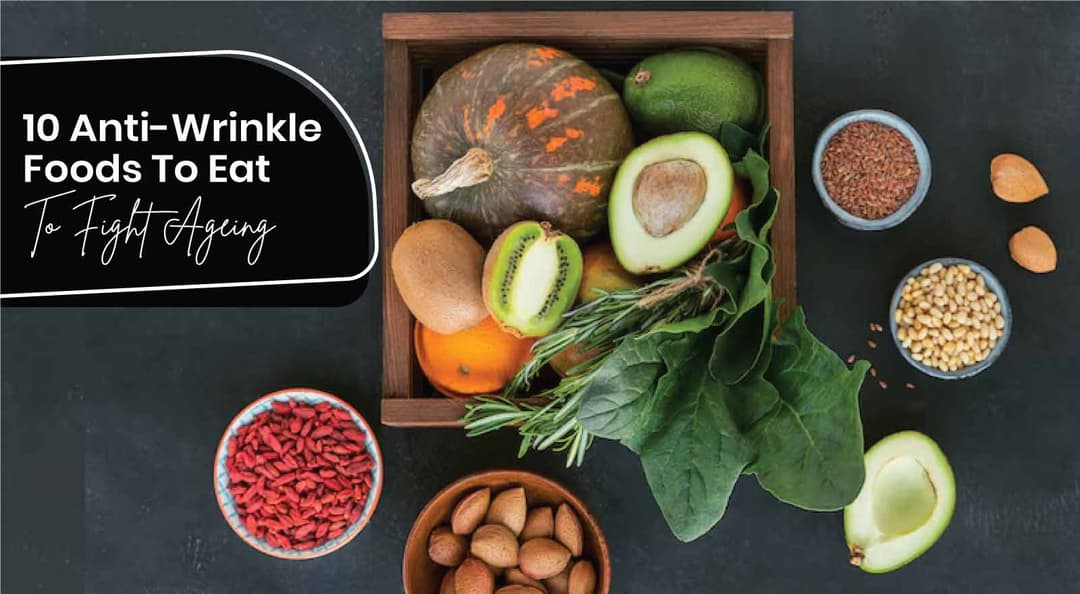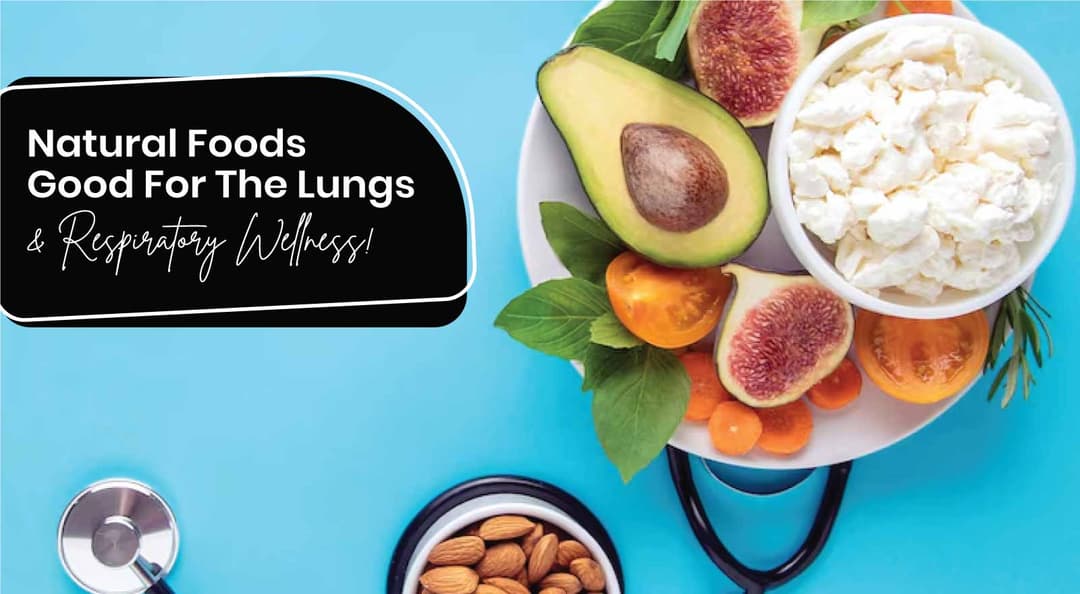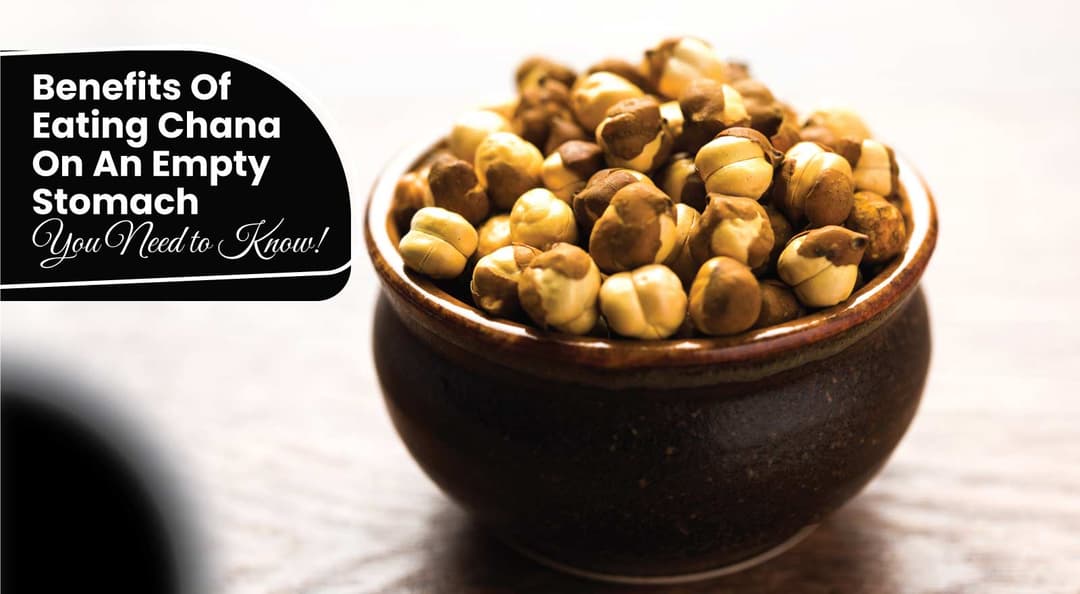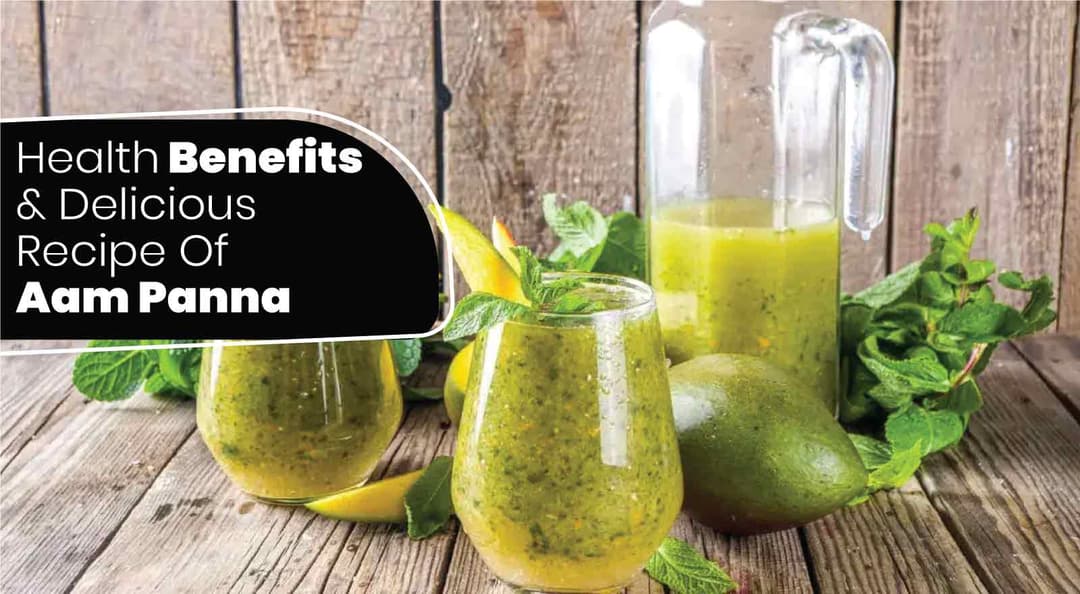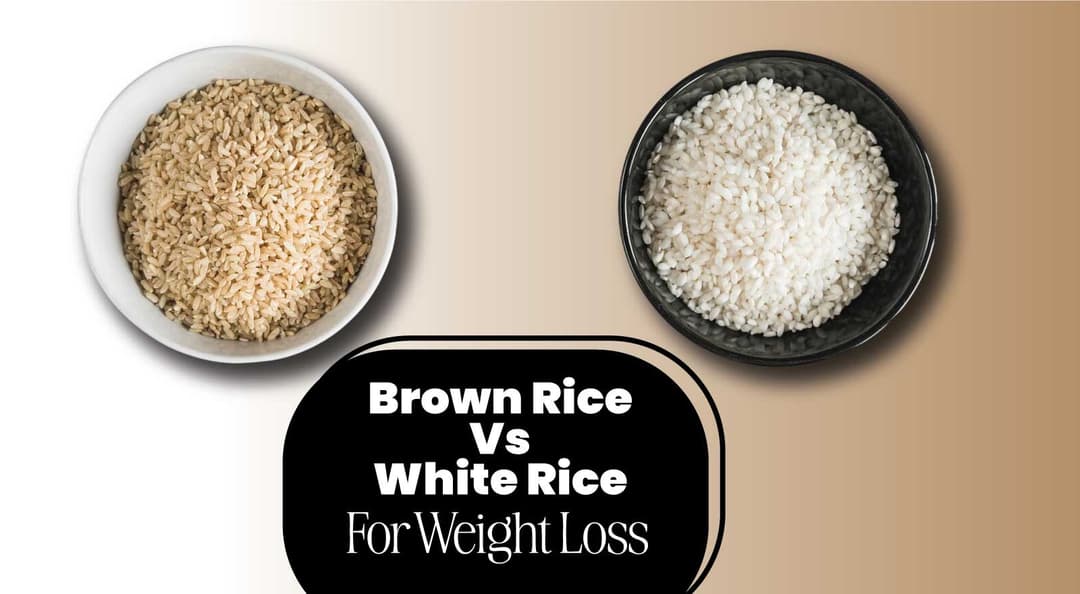A plate of dal is perfect for any meal—it’s comforting, nutritious, and an essential part of Indian cuisine. From school lunches to grand feasts, pulses like moong, masoor, chana, and toor have been a staple on our plates.
In our social science books, we learned about how India changed its farming through things like the Green Revolution. One important part was the Pulses Revolution, which aimed to increase the production of pulses! Pulses like beans and lentils are super good for you because they have lots of protein, fibre, and important nutrients that keep you healthy.
On World Pulses Day 2025, we celebrate their importance, raise awareness about sustainable farming, and promote their role in food security. In this blog, we’ll explore the World Pulses Day theme 2025, World Pulses Day activities, and why these humble legumes deserve a global spotlight.
Table Of Contents
- World Pulses Day 2025: History, Significance and Theme
- What Are The Most Eaten Pulses In The World?
- How To Celebrate World Pulses Day?
- The Final Say
- FAQs
- References
World Pulses Day 2025: History, Significance and Theme
What is World Pulses Day?
World Pulses Day is celebrated each year on February 10 to emphasise the importance of pulses in human nutrition, food security, and sustainable agriculture.
Pulses are a source of proteins, fibre,
and nutrients, which constitute lentils, beans, chickpeas, and peas and play a vital role in a balanced diet for a healthy life. The United Nations designated this day to increase awareness about the benefits of pulses and their contribution to environmental sustainability, as they require less water and improve soil fertility.
This global event calls for governments, organisations, and individuals to recognise that pulses are the key to world hunger and malnutrition. It also calls for innovative farming techniques to increase pulse production and thus ensure a more sustainable future for agriculture.
History of World Pulses Day
United Nations General Assembly, in 2018, set up World Pulses Day in the wake of the success achieved during the International Year of Pulses (IYP) that took place in 2016. The IYP was established by the Food and Agriculture Organization (FAO) to increase the production and consumption of pulses worldwide.
In India, pulses have had a significant contribution to food security and agricultural sustainability. The Green Revolution of the 1960s and 1970s greatly increased the production of wheat and rice, but pulse production declined as these crops became priority items in agricultural production.
This led to programs under the National Food Security Mission (NFSM) for increasing pulse production and reducing dependency on imports. The Yellow Revolution (1980s-1990s) focused further on oilseeds and pulses, both of which have vital roles in Indian diets and farmlands.
India remains the largest producer and consumer of pulses, making World Pulses Day particularly significant for the country’s agricultural policies and food security strategies.
Also Read: National Pollution Control Day: History, Health Risks of Air Pollution, and the Need for Awareness
Significance of World Pulses Day
World Pulses Day has great significance because pulses play an important role, such as:
- Rich in protein, iron, and the benefits of dietary fibre, pulses make them an excellent substitute for meat among vegetarians and vegans. It fights malnutrition diseases and leads towards a healthy lifestyle.
- Pulses in association with leguminous bacteria can fix nitrogen and, hence, increase the fertility of the soil—a great substitute for synthetic products. This leads to sustainable agricultural practices.
- Pulses, being one of the most high-protein vegetarian foods, help supplement global population growth with affordable, nutrient-dense food sources that can fight hunger and food insecurity.
- Pulses benefit small-scale farmers, who have a growing demand for healthy food, providing steady income and greater agricultural diversity, mainly from developing countries.
By raising awareness, World Pulses Day promotes the global adoption of pulses in diets and agricultural systems, ensuring a healthier and more sustainable future.
What Is the Theme for World Pulses Day 2025?
Each year, World Pulses Day is celebrated with a specific theme to focus on a crucial aspect of pulse cultivation and consumption. The theme for 2025 is ‘Pulses: Bringing diversity to agrifood systems’, which has been officially announced by the United Nations and the Food and Agriculture Organization (FAO).
In recent years, themes have centred around innovation in pulse farming, their role in mitigating climate change, and their contribution to healthier diets.
Which Was the National Year of Pulses in India?
India declared 2016 as its National Year of Pulses, coinciding with the United Nations' International Year of Pulses. In this regard, the initiative will raise awareness and promote pulses' significant role in India's agriculture system and diets. It will raise the production levels of pulses for farmers, stimulate research on varieties of pulses that are better produced, facilitate government policies regarding the cultivation of pulses, and subsequently reduce importations.
During this year, several schemes were implemented to benefit pulse farmers, including the Price Stabilization Fund and Minimum Support Price (MSP) adjustments. India also strengthened its focus on pulse research and sustainable farming techniques, ensuring a more robust pulse production system for the future.
Also Read: How To Increase Absorption Of Protein In The Body? 8 Tips And Food List
What Are The Most Eaten Pulses In The World?
Here are the most eaten pulses worldwide:
World Pulses Day 2025: Most Eaten Pulses in the World | ||
Pulse | Information | Global Consumption (%) |
| Chickpeas (Chana) | These are small, round, and good for making tasty curries and snacks like chole. | 15% |
| Lentils (Dal) | These are flat, come in different colours, and are used to make yummy and healthy dal. | 13% |
| Beans (Rajma/Lobhia) | These come in many shapes and colours and are great for making delicious curries and stews. | 20% |
| Peas (Matar) | These are small, green, and sweet and are used in many dishes like matar paneer. | 10% |
| Black Gram (Urad Dal) | These are black lentils used to make idli, dosa, and dal makhani. | 8% |
| Pigeon Pea (Toor Dal/Arhar Dal) | This yellow lentil is a key ingredient in sambar and many other days. | 7% |
| Mung Beans (Moong Dal) | These are small, green, and easy to digest, making them a popular choice for a light dal. | 5% |
Also Read: Dal Power: Get Slim The Vegetarian Way With Pulses For Weight Loss
How To Celebrate World Pulses Day?
You can celebrate World Pulses Day by doing the following activities:
1. Cook a Hearty Dal Feast
Celebrate by making a delicious spread of dal dishes like dal tadka, chana masala, or sambar. Try a new pulse-based recipe like horse gram rasam or rajma kebabs to mix things up! Visit ToneOp Eats to find more recipes on pulses.
2. Host a Pulses Potluck
Gather family and friends for a pulses-only meal. Ask each person to bring a dish made from different pulses—chole, masoor dal, moong dal chilla, or even besan laddoos!
3. Educate Kids About Pulses
Teach children about the health benefits of pulses through fun activities. Show them how to sprout lentils, make simple chana salads, or tell them how pulses help farmers and the environment.
4. Support Local Farmers
Supporting local businesses is very important for the growth of the country on a much larger scale, and you can go on World Pulses Day and buy pulses from nearby shops. Look for locally grown lentils, beans, and grams to support Indian agriculture and reduce carbon footprint.
5. Experiment with Healthy Snacks
Ditch processed snacks and make healthy, protein-rich treats like chana jor garam, roasted masala makhana, or sprouted moong bhel. A tasty and nutritious way to celebrate!
6. Spread Awareness on Social Media
Post a recipe, share an interesting fact, or simply encourage friends to include more pulses in their meals. Use hashtags like #WorldPulsesDay #EatMorePulses #HealthyIndia.
7. Donate Pulses to the Needy
Share the goodness by donating dal, chana, or rajma to a local food bank, orphanage, or temple. A small act of kindness can ensure a nutritious meal for someone in need.
Also Read: Anti-Inflammatory Diet Plan And Tips to Reduce Inflammation
The Final Say
Pulses are not just food; they are a solution to many of today's challenges—malnutrition, climate change, and sustainable agriculture. Let us make an effort on World Pulses Day 2025 to include as much pulse in our diets, support local farmers, and raise awareness about the benefits of pulses. A simple bowl of dal will make a big difference.
FAQs
1. What is the theme for World Pulses Day 2025?
The official World Pulses Day theme 2025 will focus on ‘Pulses: Bringing diversity to agrifood systems’, highlighting the importance of pulses in global food security and sustainability.
2. Why is World Pulses Day celebrated?
It is celebrated to recognise the role of pulses in a healthy diet, sustainable agriculture, and economic growth, especially in countries like India.
3. What are some World Pulses Day activities?
People participate in cooking challenges, awareness campaigns, school programs, and community feasts to promote pulse consumption and farming.
4. Which are the major pulses grown in India?
India produces a variety of pulses, including chana (chickpeas), toor dal (pigeon peas), urad dal (black gram), moong dal (green gram), masoor dal (red lentils), and rajma (kidney beans).
5. How do pulses help in sustainable farming?
Pulses enrich the soil by fixing nitrogen, require less water than other crops, and reduce the need for chemical fertilisers, making them eco-friendly.
6. How can I celebrate World Pulses Day at home?
You can cook a special meal with pulses, educate kids about their benefits, support local farmers, and share recipes on social media to encourage others.
References
- https://www.un.org/en/observances/world-pulses-day
- https://www.fao.org/world-pulses-day/en
- https://vajiramandravi.com/world-pulses-day-2025/
- https://pwonlyias.com/world-pulses-day-2025/
About ToneOp Fit
ToneOp Fit is a platform dedicated to improving and maintaining good health through a comprehensive range of goal-oriented health plans with up to 3 Coach support. With a range of Weight Management, Medical Condition, Detox Plans, and Face Yoga Plans, the app also provides premium health trackers, recipes and health content. Get customised diet, fitness, naturopathy & yoga plans and transform yourself with ToneOp.













